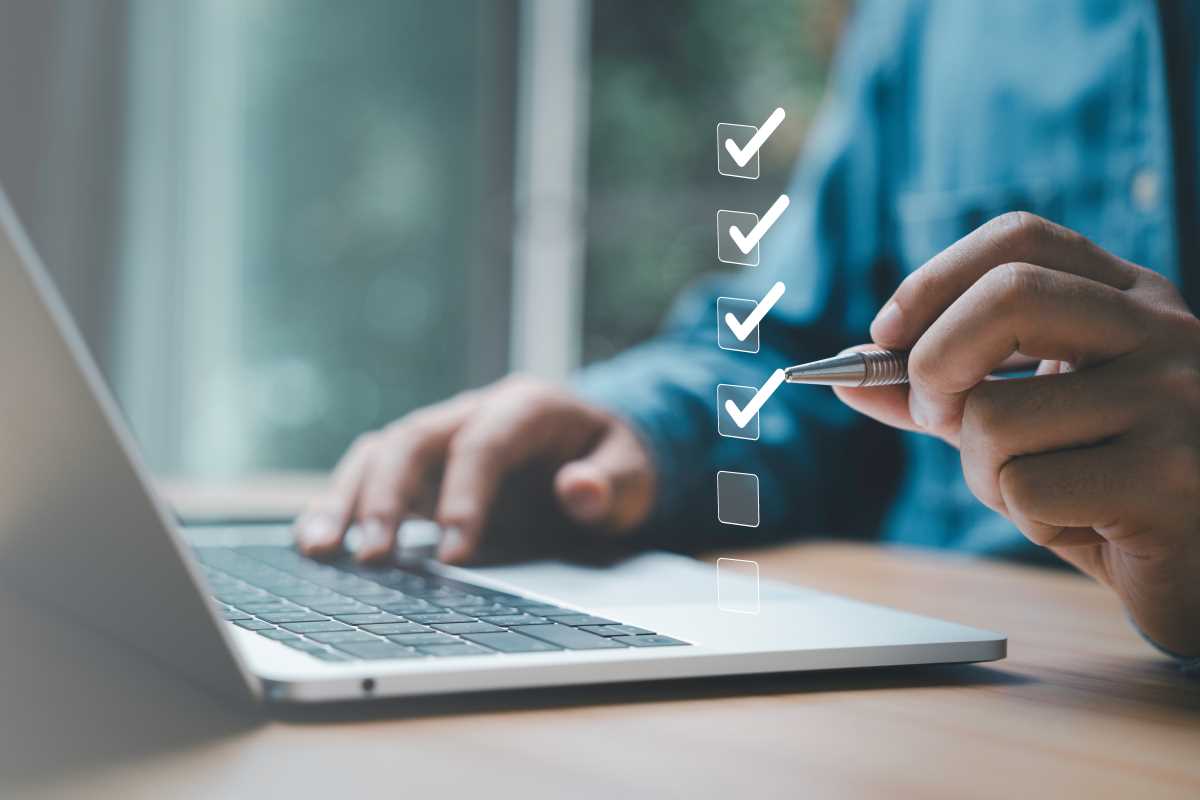Feedback is a crucial aspect of personal and professional growth. It provides individuals with valuable insights on their performance and areas for improvement. Mastering the art of delivering feedback can be a game-changer in fostering positive development and relationships. Here are some helpful tips for success when providing feedback:
Receiving Feedback with Openness
Being receptive to feedback is the first step towards growth. Embrace feedback as an opportunity to learn and improve. Keep an open mind and avoid becoming defensive. Acknowledge the feedback given and ask clarifying questions if needed. Remember, feedback is not a personal attack but a tool for development.
Constructive Criticism
When providing feedback, focus on constructive criticism. Offer specific examples of behaviors or actions that need addressing. Be clear, concise, and objective in your feedback. Avoid generalizations and provide actionable steps for improvement. Frame your feedback in a positive and supportive manner to encourage growth and motivation.
Timely Feedback
Timeliness is key when delivering feedback. Provide feedback promptly after observing the behavior or action in question. Delaying feedback can decrease its effectiveness and relevance. By providing timely feedback, you demonstrate the importance of continuous improvement and accountability.
Balanced Feedback
Maintain a balance between positive and negative feedback. While it's important to address areas for improvement, don't overlook positive contributions or strengths. Recognizing achievements and strengths can boost morale and motivation. Strive to create a well-rounded feedback approach that acknowledges both successes and areas for growth.
Active Listening
Effective feedback requires active listening. Give the individual your full attention and avoid interruptions. Listen attentively to their perspective and insights before providing feedback. Show empathy and understanding towards their feelings and concerns. By demonstrating active listening, you create a safe and open environment for productive feedback discussions.
Encourage Two-Way Communication
Feedback should be a two-way conversation. Encourage the individual to share their thoughts, feelings, and perspectives on the feedback received. Foster an open dialogue where both parties can exchange ideas and insights. Allow the individual to ask questions and seek clarification. By promoting two-way communication, you create a collaborative and inclusive feedback process.
Follow-Up
Follow-up on feedback is essential for tracking progress and ensuring accountability. Schedule check-ins to review the individual's progress towards implementing the feedback. Provide ongoing support, guidance, and encouragement along the way. Celebrate milestones and achievements to reinforce positive behavior changes. By following up on feedback, you demonstrate your commitment to the individual's growth and development.
Mastering the art of delivering feedback is a valuable skill that can drive personal and professional growth. By approaching feedback with openness, constructive criticism, timeliness, balance, active listening, two-way communication, and follow-up, you can create a supportive feedback culture that fosters continuous improvement and success. Remember, feedback is a gift that has the power to propel individuals towards their full potential.
 (Image via
(Image via




